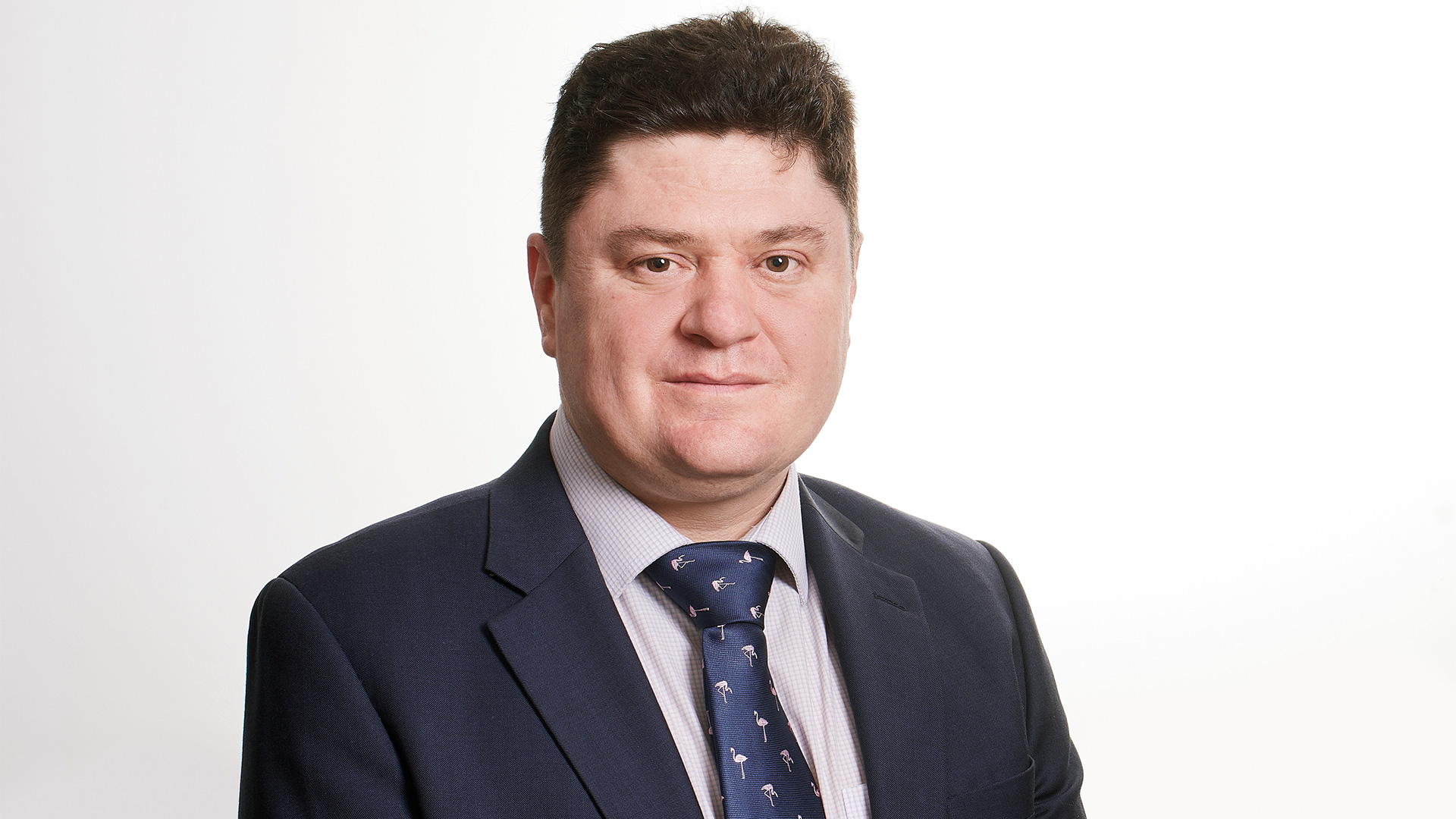
The art of good treasury is all about intellectual curiosity, flexibility and a practical approach for Ben Walters, Deputy Treasurer, Compass Group. He talks to Treasury Today about his methods.
What for you is the secret of good treasury?
You have to be prepared to work extremely hard. You also have to develop a flexible mindset; you need to be able to switch seamlessly between talking about cash management issues in multiple locations, to thinking about group interest rate policy, to explaining a complex issue in layman’s terms to non-treasury colleagues. That mental agility is still a ‘work-in-progress’ for me but the capacity to quickly and easily shift modes – from the everyday, to the deeply technical, to the relatively simplistic – is part of the beauty of the role.
I think treasurers need to be excellent networkers too. Few of us have all the resources within the department to accomplish all we need to, so we have to be able to work across teams, internally and externally.
Treasury is the meeting point for many different skills. Being good at the job requires the individual to maintain a broad understanding of forward-looking risks, and elements such as the impact of strategy and the effects of global economics.
What is the role of technology in treasury?
Current levels of speculation and hype can make it extremely difficult to know where the dust will settle. It may not be the ideal stance, but no one wants to be a first mover so there is a strong element of ‘wait-and-see’ amongst treasurers.
If we consider AI and blockchain, there is much talk but a lot less action. That said, there are plenty of new, maybe less fully-formed treasury environments where it would be quite correct to try to take advantage of these developments.
Is treasury now a strategic function?
With our broad commercial perspective, technical know-how and our realistic appreciation of risk, I believe treasury is now perfectly positioned to become the strategic voice within the finance function. I’m excited by the prospect of trying to raise finance into a mainstream strategic discipline.
Business strategy tends to be thought of as a separate discipline, sometimes sitting outside finance. But effective strategising demands a significant merging of ground. Finance is a vast resource within every business, producing valuable quantitative data, painting an accurate view of the health of the business. Strategy teams draw heavily upon qualitative information, exploring and making judgments as to whether the company is, for example, producing the right products or operating in the right markets. Bringing the two together can create a ‘whole’ more powerful than the sum of its parts.
There is a vast opportunity out there to think differently about the way data is used to manage the business. Traditional finance centres around the profit and loss account but treasury has the tools and wherewithal to genuinely cut and slice the data to see where the value in any business really lies.
The treasury profession, by the very nature of its experience, training and the broad perspective this engenders, is ideally placed to bridge the gap. When people talk about the strategic role of the treasurer, this to me is the crux of the matter.
The full version of this interview will be available in the March/April 2019 edition of Treasury Today, in print and online.